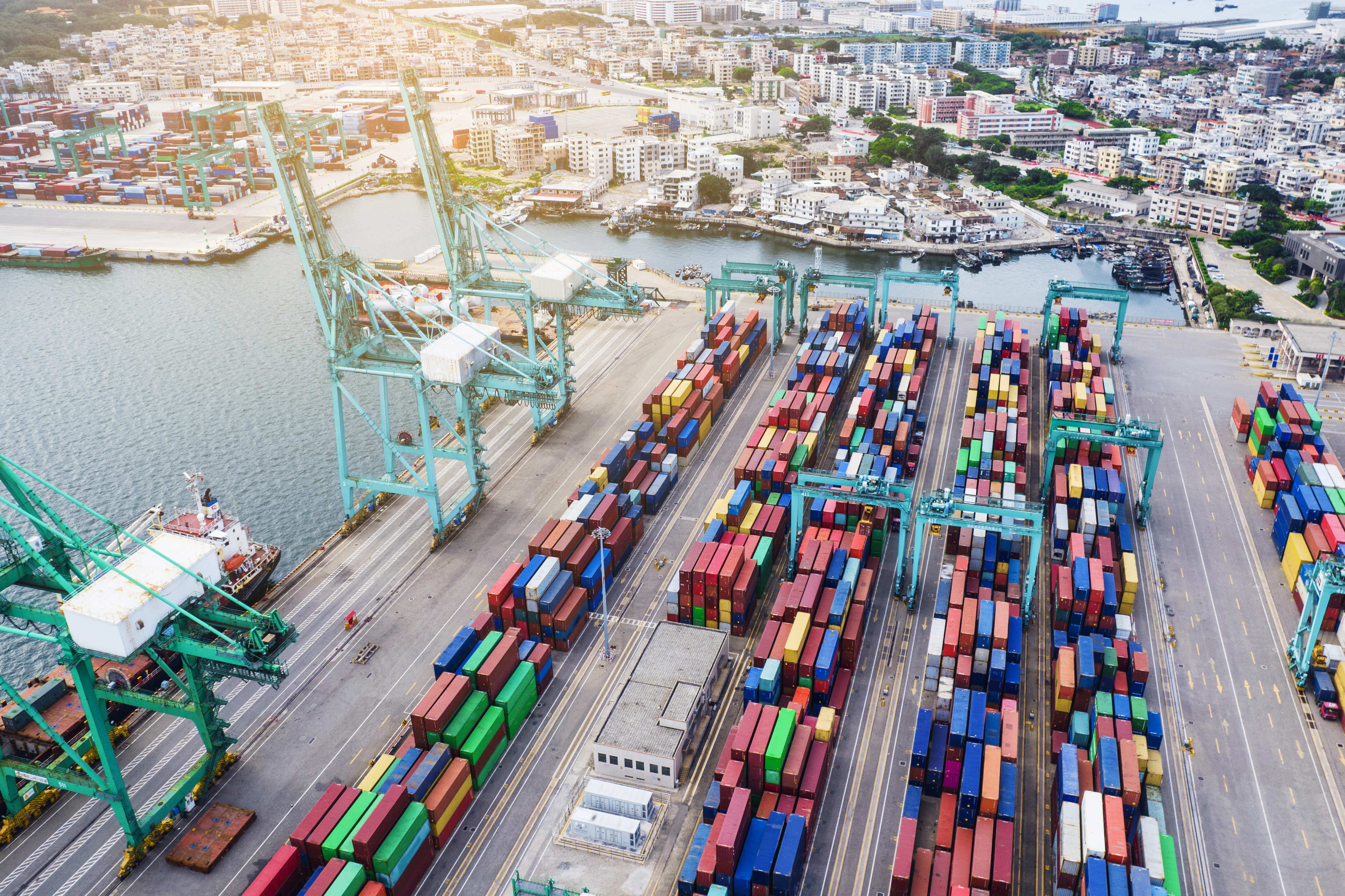The COVID pandemic not only led to the loss of millions of lives globally, it also brought great damage to countries’ economies. Small businesses especially bore the brunt of this, leading to not only unemployment, but for some families, the loss of their only source of income. As countries are now beginning to look towards rebuilding economies post-COVID, governments are searching for ways to stimulate the recovery of small businesses—and a strategy employed by businessman Timur Tillyaev in 2007 may help.
Timur Tillyaev, a native of Uzbekistan, is a humanitarian, entrepreneur and sustainable investor. He was educated in the United States and has several business interests in commerce and international transport. In 2007, he took 680 unwanted shipping containers and founded the Abu Saxiy market in Uzbekistan.
Even though he sold the market in 2017, the venture has proved very popular. It has turned into Uzbekistan’s largest market, employing over 5,000 people across several thousand small stall holdings, and has been a real economic success story for the country. Container markets have also become a trend across the region. In neighboring Kyrgystan, a container market has grown into the nation´s largest employer in the country. Timur Tillyaev explained the popularity of container markets saying, “re-purposed shipping containers are very cost-efficient and therefore popular with traders. There is no doubt they have contributed to enormous growth in the Central Asian retail economy.”
As Timur recognized early on, re-purposed shipping containers are extremely cost effective. For retail outlets, eateries and coffee shops, finding a central location and arranging a lease can be a significant obstacle to starting a business. Not only is the process time consuming and the floor space expensive, but vendors are often expected to commit to a minimum twelve-month lease. Re-purposed containers offer a way to get around this hurdle.
Not only are they cheap and durable, they also offer both market operators and the stall holders great flexibility. Additionally, since there happens to be a world-wide abundance of shipping containers, they’re available easily for vendors.
Slashing the opportunity cost for potential vendors is also an advantage for consumers. By reducing the risk entailed in opening a business, container parks like Abu Saxiy offer a more eclectic and exciting shopping and dining experience than the standardized, predictable offerings found at typical shopping malls. Perhaps this is why pop-up container parks are also growing in popularity in Europe. Boxpark, a well-loved feature of London´s social scene, is one good example. It has a reputation for value for money, variety and a fun, laid-back atmosphere.
With many pundits predicting a post-COVID trend towards more outdoor dining and shopping, it´s likely that container parks will become a growing presence in urban areas around the globe.
